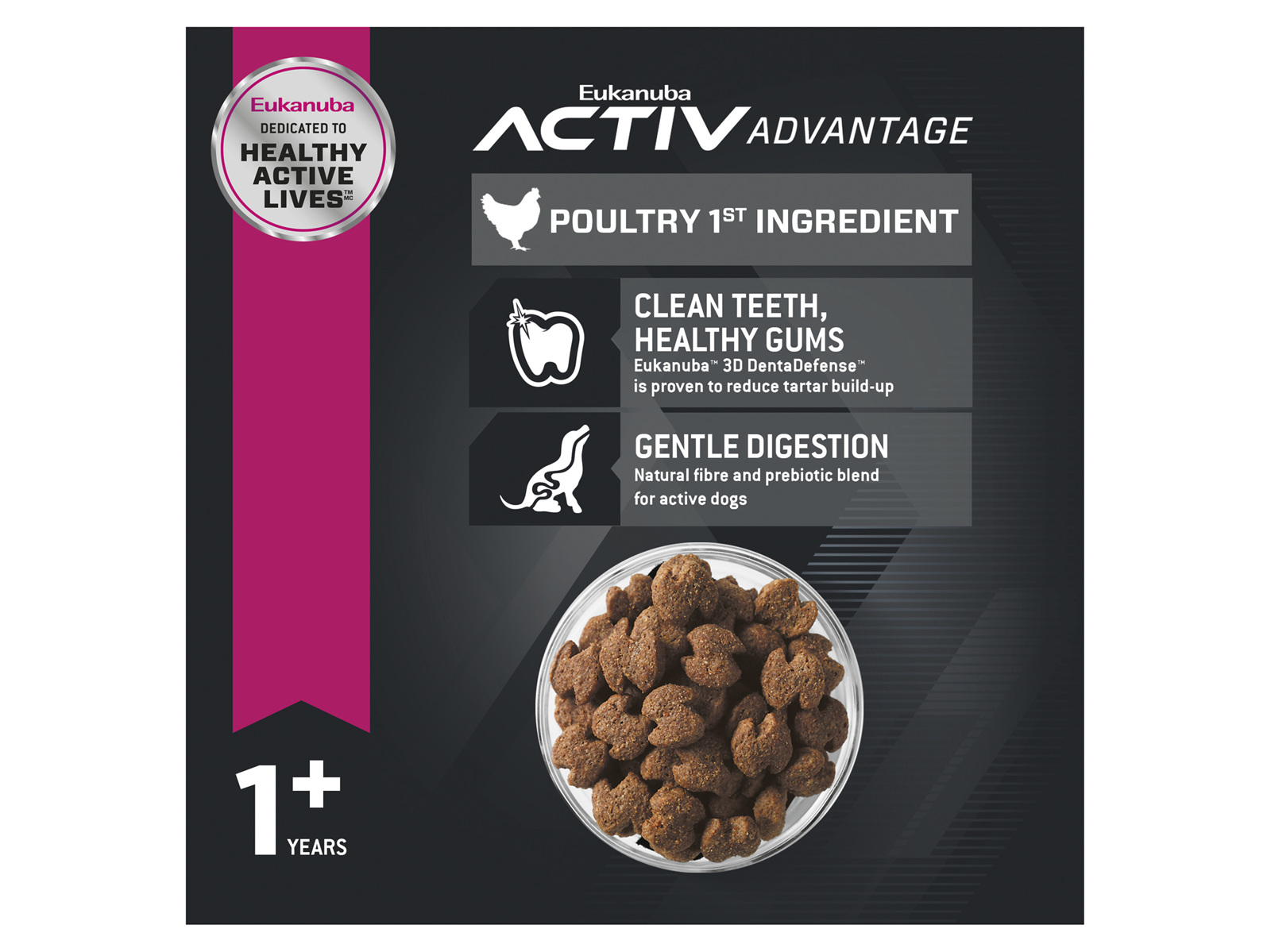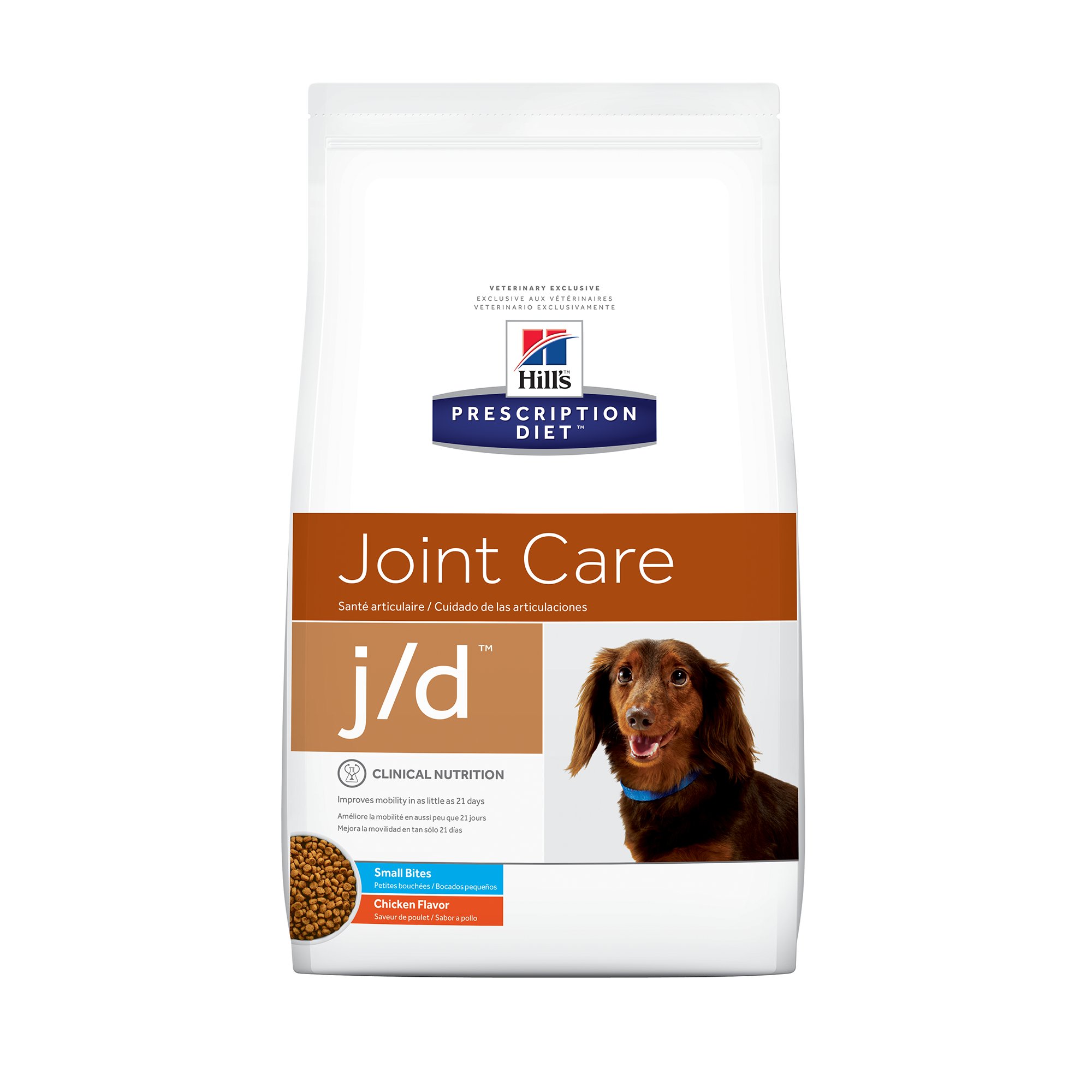The Ultimate Guide to Small Breed Dry Dog Food with Joint Care: Keeping Your Tiny Companion Agile and Happy
As a loving owner of a small breed dog, you’re likely very aware of their unique nutritional needs. Small dogs have fast metabolisms, require nutrient-dense food, and are prone to certain health conditions, including joint problems. This article will delve into the world of small breed dry dog food formulated with joint care in mind, helping you make informed decisions to keep your furry friend happy and agile for years to come.
Why Small Breed Dogs Need Specialized Joint Care
Small breed dogs, while undeniably cute, are genetically predisposed to specific joint issues that can significantly impact their quality of life. Here’s why joint care is crucial:
- Genetic Predisposition: Breeds like Dachshunds, Yorkshire Terriers, Pugs, and Chihuahuas are more likely to develop conditions such as:
- Patellar Luxation: Dislocation of the kneecap.
- Legg-Calvé-Perthes Disease: Degeneration of the femoral head (top of the thigh bone).
- Elbow and Hip Dysplasia: Though more common in larger breeds, small dogs can still be affected.
- Higher Activity Levels: Despite their size, many small breeds are incredibly active. Their playful antics and bursts of energy can put extra stress on their joints.
- Weight Management: Maintaining a healthy weight is vital for all dogs, but it’s especially important for small breeds with joint issues. Excess weight exacerbates joint pain and accelerates cartilage breakdown.
- Early Onset: Joint problems can sometimes manifest at a younger age in small breeds compared to larger dogs.
Key Ingredients to Look for in Small Breed Dry Dog Food for Joint Health
When selecting a dry dog food for your small breed with joint concerns, pay close attention to the ingredient list. The following components are known to support joint health:
1. Glucosamine and Chondroitin
- What they are: Naturally occurring compounds found in cartilage.
- How they help:
- Glucosamine: Stimulates the production of glycosaminoglycans (GAGs), essential building blocks for cartilage. It also has anti-inflammatory properties.
- Chondroitin: Inhibits enzymes that break down cartilage and helps retain water within the cartilage matrix, promoting elasticity and cushioning.
- Dosage: Look for foods that provide adequate levels of glucosamine and chondroitin. Consult with your veterinarian for specific dosage recommendations based on your dog’s needs.
2. Omega-3 Fatty Acids (EPA and DHA)
- What they are: Essential fatty acids found in fish oil and flaxseed.
- How they help:
- Anti-inflammatory effects: Omega-3s, particularly EPA and DHA, help reduce inflammation in the joints, alleviating pain and stiffness.
- Cartilage protection: They may also help protect cartilage from further damage.
- Sources: Salmon oil, krill oil, flaxseed oil, and algae oil are excellent sources of omega-3 fatty acids.
3. Antioxidants (Vitamin E, Vitamin C, Selenium)
- What they are: Nutrients that protect cells from damage caused by free radicals.
- How they help:
- Reduce inflammation: Antioxidants combat oxidative stress, which contributes to inflammation in the joints.
- Support cartilage health: They help maintain the integrity of cartilage tissue.
- Sources: Fruits, vegetables, and supplemental forms of vitamins and minerals.
4. Turmeric (Curcumin)
- What it is: A spice with potent anti-inflammatory properties.
- How it helps:
- Reduces joint pain: Curcumin, the active compound in turmeric, has been shown to reduce pain and improve mobility in dogs with arthritis.
- Antioxidant effects: Turmeric also acts as an antioxidant, protecting joint tissues from damage.
5. Methylsulfonylmethane (MSM)
- What it is: A naturally occurring sulfur compound.
- How it helps:
- Reduces inflammation: MSM has anti-inflammatory properties that can help alleviate joint pain and stiffness.
- Supports collagen production: Sulfur is essential for collagen synthesis, which is important for maintaining healthy cartilage.
Features of High-Quality Small Breed Dry Dog Food
Beyond joint-specific ingredients, a good small breed dry dog food should also have the following characteristics:
- Small Kibble Size: Easier for small dogs to chew and digest.
- High-Quality Protein: Essential for muscle maintenance and overall health. Look for named protein sources like chicken, lamb, or fish.
- Healthy Fats: Provide energy and support skin and coat health.
- Limited Fillers: Avoid foods with excessive amounts of corn, wheat, or soy, as these can be difficult for some dogs to digest.
- Balanced Nutrition: Formulated to meet the specific nutritional needs of small breed dogs, including the right balance of vitamins and minerals.
- AAFCO Statement: Look for a statement from the Association of American Feed Control Officials (AAFCO) indicating that the food is complete and balanced for your dog’s life stage.
Tips for Choosing the Right Food and Supporting Joint Health
- Consult Your Veterinarian: Your vet can assess your dog’s joint health and recommend the most appropriate food and supplements.
- Read Labels Carefully: Pay attention to the ingredient list and guaranteed analysis to ensure the food contains the necessary nutrients for joint support.
- Consider Life Stage: Puppy, adult, and senior dogs have different nutritional needs. Choose a food formulated for your dog’s current life stage.
- Monitor Weight: Keep your dog at a healthy weight to reduce stress on their joints.
- Provide Regular Exercise: Gentle exercise, such as walks, can help maintain joint mobility and muscle strength.
- Consider Supplements: In addition to a joint-supportive diet, your veterinarian may recommend glucosamine, chondroitin, omega-3 fatty acids, or other supplements.
- Create a Comfortable Environment: Provide soft bedding and avoid slippery floors to minimize joint stress.
- Regular Veterinary Checkups: Routine checkups can help detect joint problems early and allow for timely intervention.
Popular Brands of Small Breed Dry Dog Food with Joint Care
Several reputable brands offer dry dog food specifically formulated for small breeds with joint concerns. Here are a few examples (always check with your veterinarian before switching foods):
- Purina Pro Plan Veterinary Diets Joint Care: Often recommended by vets for its high-quality ingredients and effective joint support.
- Hill’s Science Diet Small & Mini Breed: Offers formulas tailored for different life stages with added glucosamine and chondroitin.
- Royal Canin Small Joint Care: Specifically designed for small breed dogs with joint sensitivity, providing targeted nutritional support.
- Blue Buffalo Life Protection Formula Small Breed: A popular option with a focus on natural ingredients and added glucosamine.
Making the Switch to a New Food
When transitioning your dog to a new food, do so gradually over a period of 7-10 days to avoid digestive upset. Start by mixing a small amount of the new food with your dog’s current food, gradually increasing the proportion of the new food each day.
Conclusion
Providing your small breed dog with a high-quality dry dog food formulated for joint care is one of the best ways to support their long-term health and well-being. By carefully selecting a food with key ingredients like glucosamine, chondroitin, and omega-3 fatty acids, and by following the tips outlined in this article, you can help keep your tiny companion agile, happy, and enjoying life to the fullest. Always consult with your veterinarian to determine the best course of action for your dog’s individual needs.


